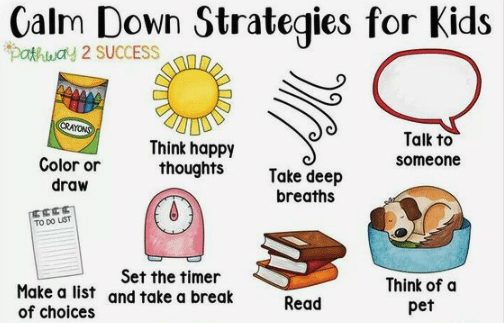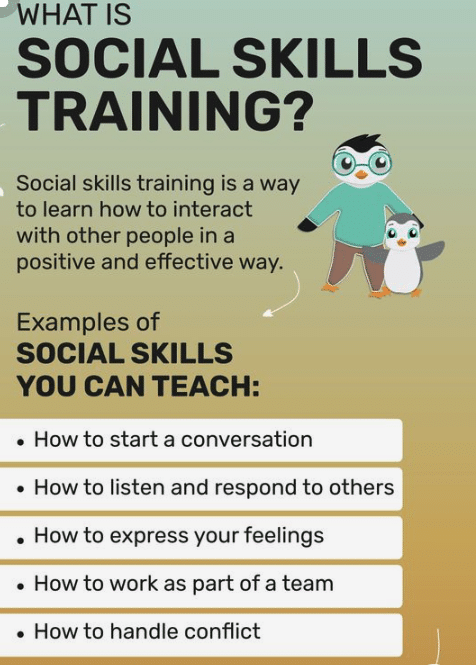Behaviorally-Based Social Skill Groups provide a structured and supportive environment for children with special needs to learn and practice social skills. Here’s how they work:
- Structured Environment: Children learn and practice social skills in a supportive setting.
- Behaviorally Based Strategies: Evidence-based strategies are used to teach appropriate social behaviors and discourage challenging behaviors.
- Individualized Approach: Interventions are tailored to each child’s specific challenges and strengths.
- Direct Instruction: Social skills are taught through modeling, role-playing, and explicit teaching techniques.
- Skill Generalization: Children apply learned skills in real-life situations, promoting generalization and transferability.
- Positive Reinforcement: Positive reinforcement is used to reward and motivate children to use desired social behaviors.
- Peer Interaction: Children interact with peers, fostering socialization and providing opportunities to practice new skills.
These groups enhance social competence and overall social functioning in children with special needs by using evidence-based strategies and individualized approaches. Goally, a tablet tool, complements Behaviorally-Based Social Skill Groups by offering apps for kids that reinforce social skill development through visual schedules, AAC, gamified learning, emotional regulation, executive functioning, and social skills training videos. Goally helps children practice and generalize these skills, supporting their growth and independence.
This post was originally published on June 12, 2023. It was updated on July 18, 2023.















